Mobile Command Centers Features for Crisis Management
MCCs have a variety of use cases that help different agencies in many ways. They are vehicles that primarily help with managing and coordinating...
3 min read
Craftsmen Industries Feb 22, 2024 5:30:10 PM
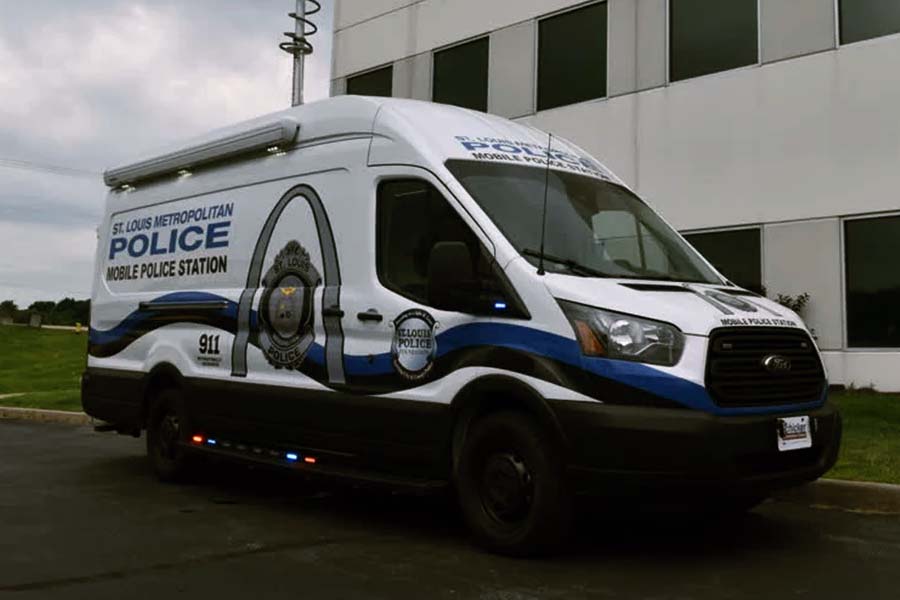
In the modern landscape of law enforcement, the need for mobility and adaptability is paramount to addressing the diverse challenges policies are faced with today. Emergency scenarios, crisis management, and criminal activities demand swift and flexible responses where police mobile command vehicles play a critical role. But what is a police mobile command vehicle used for in law enforcement?
Police mobile command vehicles (MCV) are deployed to establish better communication and coordination during emergency scenarios or special security events nationwide. In the ever-changing landscape of policies, these specialized units foster crucial mobility and adaptability, serving as temporary and dynamic hubs in crisis management.
In this article, we’ll delve into the wide range of roles fulfilled by these specialized units. By understanding what does police mobile command do, you can make an informed decision and create a customizable unit for your specific needs and requirements.
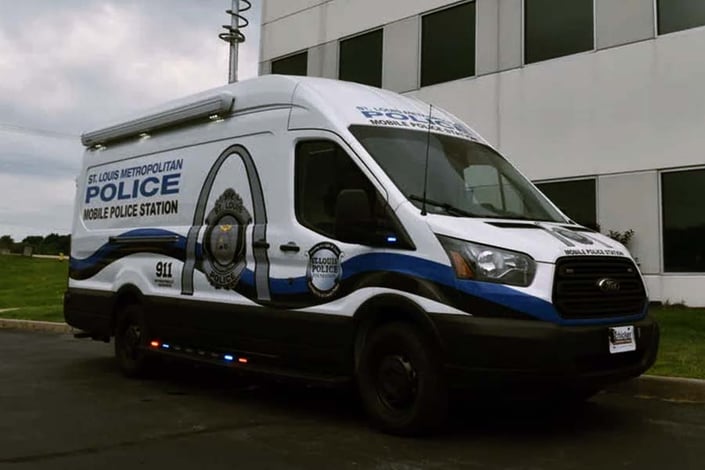
Source: craftsmenind.com
Police mobile command vehicles, also referred to as MCVs, are mission-critical units deployed to serve as strategic and on-the-go command and control centers for law enforcement agencies. Their importance in today’s modern policing is pivotal as they assure both effectiveness and allow agencies to maintain communication, control, and coordination in emergency crises, enhancing overall public safety.
With the benefit of mobility and flexibility, these police mobile command vehicles are used in a wide range of challenging environments requiring rapid response and immediate action.
Furthermore, MCVs can range in size from self-propelled units to large trailers equipped with advanced technology and exceptional communication capabilities. Beyond the basic coordination equipment, some models also include tactical coordination features like:
With their exceptional capabilities and integration of advanced technology, MCVs are essential tools in the modern landscape of law enforcement agencies.
With the help of Craftsmen, you can take command of the situation and meticulously fabricate police type of command center to replicate your agency’s emergency operation and specific requirements. Our full team of engineers and industrial fabricators is dedicated to helping you put fully functioning mobile command centers in standalone trailers or containers, facilitating control wherever your expertise and assistance are needed.
So, what are police mobile command centers used for, and how are mobile command centers utilized in law enforcement operations?
Police mobile command vehicles are versatile assets within law enforcement, fulfilling a wide range of roles that go beyond the conventional patrol function. These vehicles act as temporary workstations, capable of meeting the diverse challenges faced by modern policing. As MVCs embody multifunctionality and adaptability, they can be used for:
Mobile command units are fundamental for safeguarding public safety through various strategic applications. One key aspect is their role in ensuring a safe environment in large gatherings and events, serving as mobile headquarters for those on duty. As they’re equipped with advanced communication technology and surveillance systems, MVCs allow law enforcement to monitor, control, and respond swiftly to any potential security threats.
Whether it's a major gathering or even a multi-day festival or event, MCVs provide a mobile and adaptable unit for you to coordinate efforts, mitigate risks, and maintain order. Thereby, these revolutionary vehicles can significantly contribute to public safety and attendants to large-scale events.
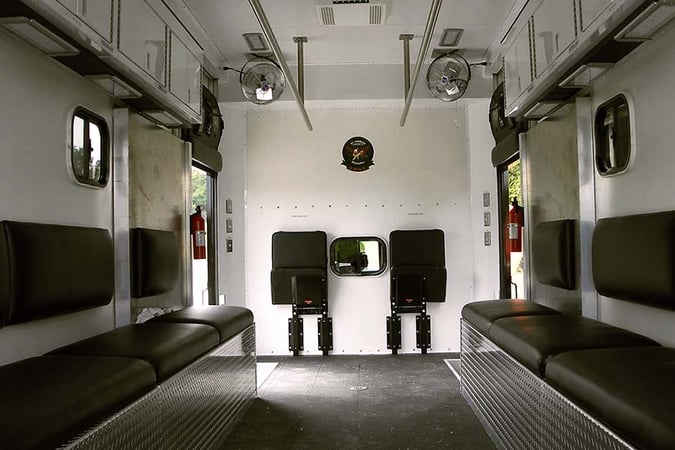
Source: craftsmenind.com
MCVs emerge as vital command and control centers, responsible for supporting mission-critical intelligence and allowing long-term surveillance of crimes and emergency situations in progress. These units, equipped with advanced features, allow law enforcement to monitor and manage criminal activities over extended periods, serving as dynamic hubs where critical information is gathered, analyzed, and distributed in real time.
With their command and control capabilities that extend beyond local operations to federal levels, your teams can make informed decisions and respond swiftly and promptly to evolving scenarios. The ability to disseminate timely and accurate data enhances the overall effectiveness of MCVs, ensuring coordinated and collaborative responses to ongoing criminal or emergency events. Thus, MCVs are paramount in creating a responsive law enforcement ecosystem where seamless information flow is vital.
Police mobile command vehicles prove particularly useful in crisis management when natural disasters strike. Their capabilities extend beyond traditional enforcement functions, offering critical support in providing shelter and facilitating search and rescue parties.
With their advanced features and communications systems with various emergency response teams, they allow a coordinated and effective approach to crisis scenarios, ensuring public safety.
The mobility and adaptability of MCVs enable them to be strategically positioned, creating a central point for organizing and executing rescue efforts while also serving as temporary shelters for displaced individuals. Thus, these vehicles ensure a swift response to protect and assist communities affected by natural disasters, enhancing the overall effectiveness of crisis management.
Lastly, police mobile command units can also be advanced to mobile crime labs, offering law enforcement a critical advantage of analyzing critical data on-site. Equipped with advanced technology and proper toolkits, these specialized units enable timely and rapid analysis, from processing crime scenes to examining evidence. This ability eliminates the need to travel and transport evidence to distant crime labs, streamlining investigative processes and significantly reducing turnaround times.
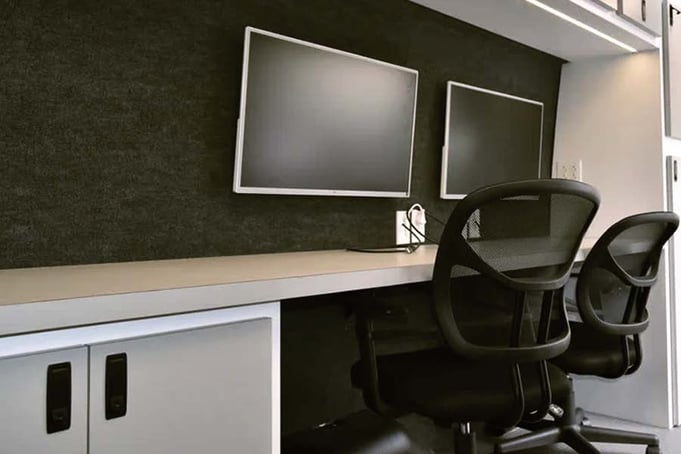
Source: craftsmenind.com
So, what is a police mobile command vehicle used for?
In conclusion, Police mobile command vehicles, or MCVs, are versatile and adaptable units, serving as mobile headquarters for command, control, and coordination in various scenarios. These specialized vehicles are equipped with advanced technology, surveillance capabilities, and communication systems, allowing swift and prompt responses to any emergency event to ensure public safety.
MCVs’ uses extend beyond traditional enforcement functions, offering revolutionary approaches to crisis management, analyzing units, and shelter capabilities and natural disasters. From contributing to the overall safety of the public to serving as crime labs and analysis units, their capabilities have made them an essential asset in modern policing.
With the help of our teams in Craftsmen, you can design, engineer, and fabricate a mobile command vehicle customized to your specific needs and requirements.
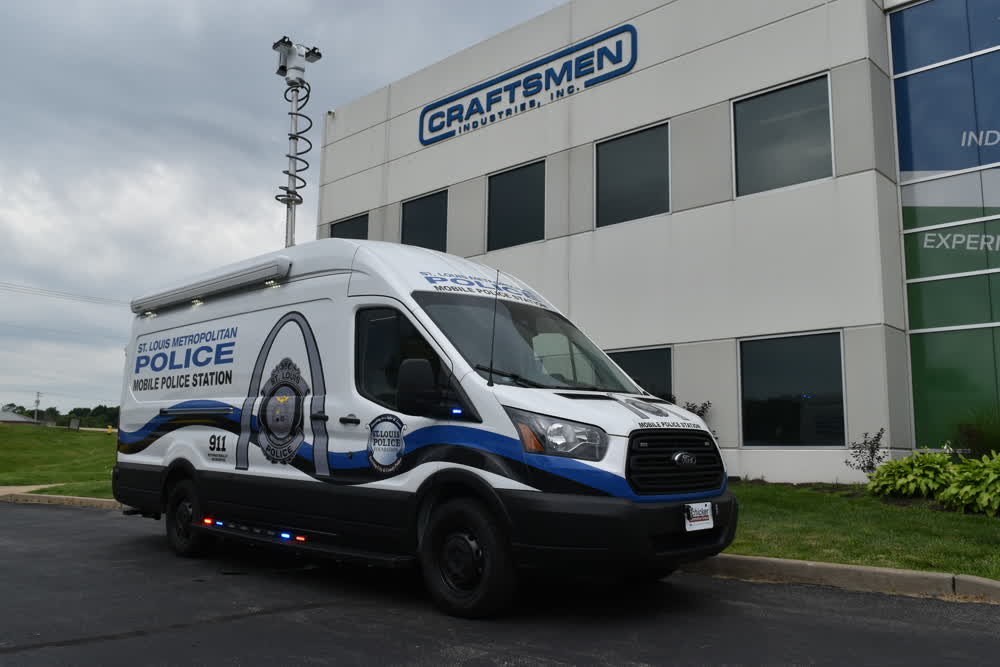
MCCs have a variety of use cases that help different agencies in many ways. They are vehicles that primarily help with managing and coordinating...
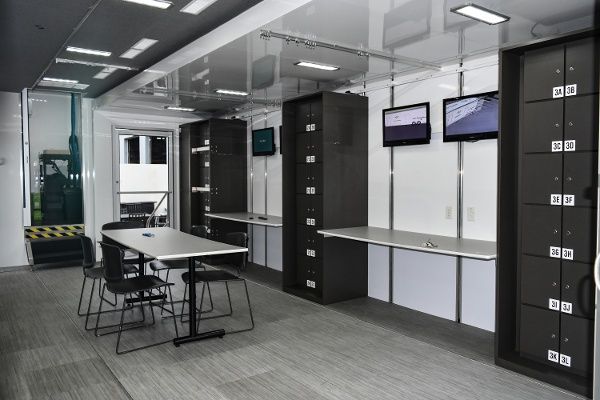
When most people think of a command center, they probably think of something like the conference room used to communicate with Neil Armstrong and...
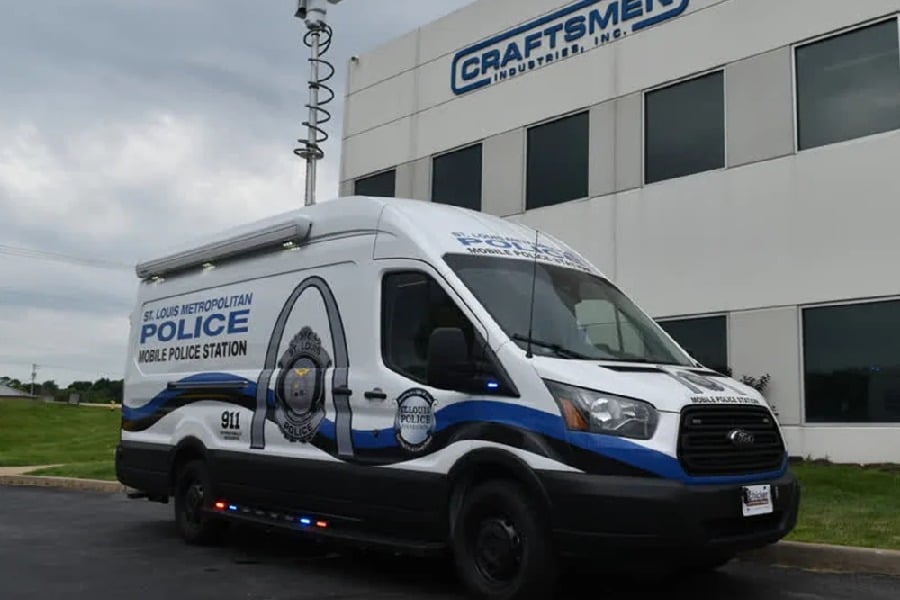
Mobile command vehicles should be prepared for quick response in various scenarios. However, the catch is that their advanced technology and...